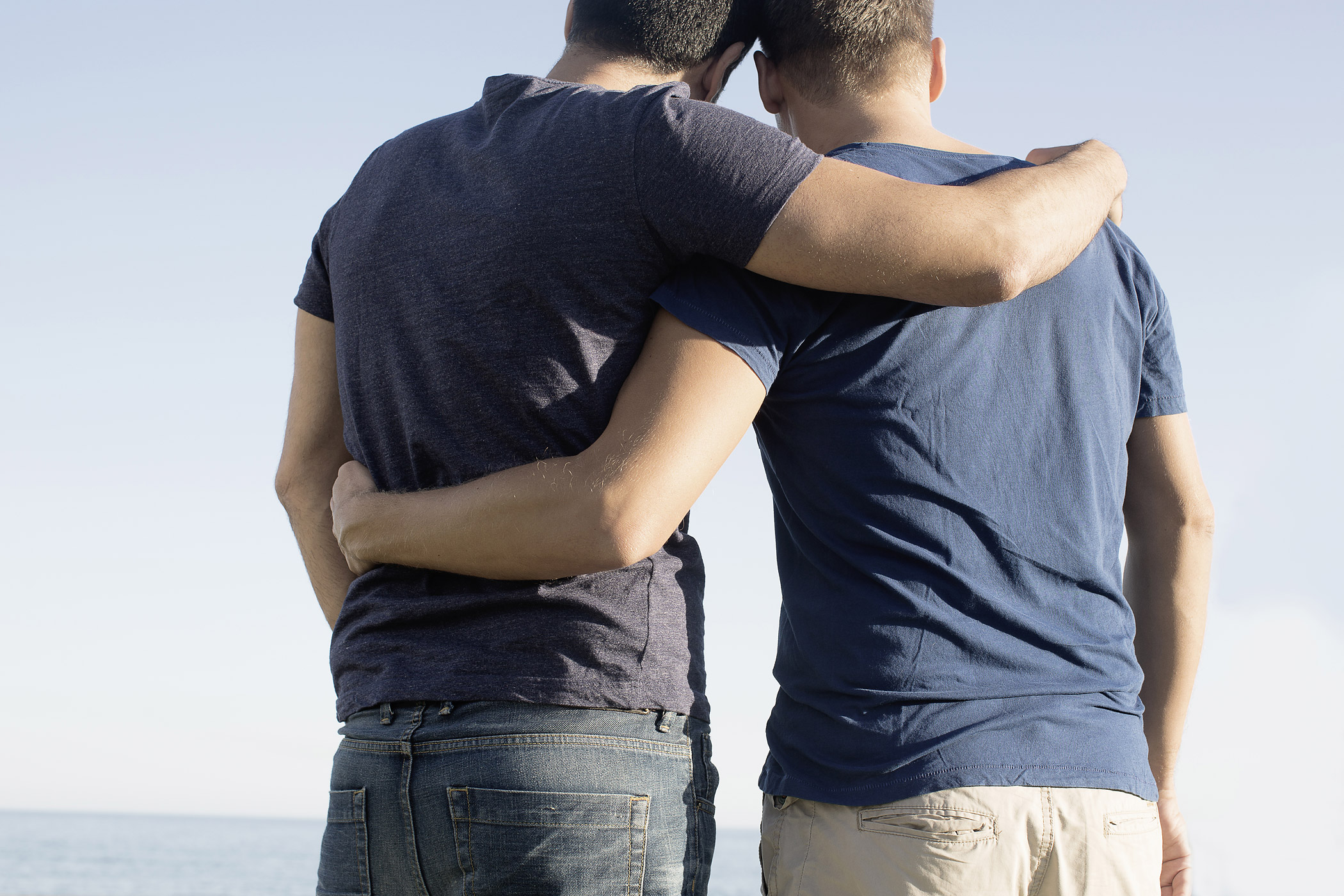
I’ve helped many same-sex couples over the years have children of their own through assisted reproductive procedures. Egg donation and surrogacy allow two gay men to have children genetically related to one partner and the egg donor, but not to both. It’s the same dynamic for lesbians and sperm donors. I’ve been asked many times by countless same-sex couples over the years: “can we make a baby that’s a combination of both of us?”
It’s a question that I’ve considered from a scientific and medical perspective for a long time. Advances in genetic research keep getting us closer to the day when the answer to that question is “yes.”
Throughout history, a child has come from a man and a woman. It’s been one of the tenets of anti-gay activists for decades: “Two men can’t have a biological child, and two women can’t have one either.”
For some anti-gay people, that seems to make these relationships somehow wrong, as though any relationship that can’t result in a child should somehow be forbidden. They deem it unnatural in the eyes of God.
However, science is advancing and may ultimately change all of that.
Stem cell research has demonstrated that human skin cells and fibroblasts (a different kind of adult cell) can be turned into embryonic stem cells. Now, researchers at Cambridge University and the Weizmann Institute of Science in Israel have shown that embryonic stem cells can be programmed to form primordial germ cells. These are the stem cells that can go on to form either eggs or sperm. If scientists can figure out how to turn a primordial germ cell that originated from the skin of a man into an egg, could it be fertilized with his partner’s sperm?
Research using primordial germ cells in mice has shown that these cells can be turned into eggs and sperm capable of forming pups (baby mice). Many experiments were required, but tremendous knowledge was gained.
The upshot: There likely will be a time when reproductive science could create an embryo from the cells of two men or two women.
Anti-gay forces will not want to hear this news, but science will continue to explore it in an attempt to explain biology. This is the role of science in our society: to improve the quality of life of all of us and to advance human equality. Scientific breakthroughs that can help two people who are committed to having children together—regardless of their sex—are inspiring developments.
Just like straight couples, many gay men and lesbians are eager to have a genetic relationship with their children. At times, I’ve taken sperm from one gay man and matched it with the eggs of his partner’s sister to create a stronger genetic bond between the couple and their child. But these new scientific developments could bring that process full-circle.
There are various scientific obstacles to reaching the point where the cells of two men or two women could make a baby. There will also be ethical debates. Religious and conservative leaders around the world still vehemently oppose same sex marriage and homosexual acts, let alone a gay couple having a child of their own.
But no one’s identity—be it race, gender, or sexual orientation—should ever play into the advancement of medicine. What’s important here is that we bring children into this world from a desire to love and provide a happy and healthy environment for their growth. These ingredients can be as powerfully provided by a same-sex couple as they can by heterosexuals. Studies have shown this, and I have seen it first hand in the hundreds of gay families from around the world who I’ve helped to conceive.
Medical science has transformed our society for the better in so many ways. It has helped the deaf to hear. It has cured many diseases and is pioneering the genetic targeting of agents to cure cancer. It has lengthened our lives and made them more fulfilling. And it has helped people—gay and straight, black and white, Christian, Jews, and Buddhists—to become parents.
When the time comes for two men or two women to have a biological child together, we should embrace it as another positive advancement to a happier world of fulfilled lives.
Read next: Italian Politician Looks to Highlight Gay Rights by Getting Married in Canada
More Must-Reads from TIME
- Donald Trump Is TIME's 2024 Person of the Year
- Why We Chose Trump as Person of the Year
- Is Intermittent Fasting Good or Bad for You?
- The 100 Must-Read Books of 2024
- The 20 Best Christmas TV Episodes
- Column: If Optimism Feels Ridiculous Now, Try Hope
- The Future of Climate Action Is Trade Policy
- Merle Bombardieri Is Helping People Make the Baby Decision
Contact us at letters@time.com